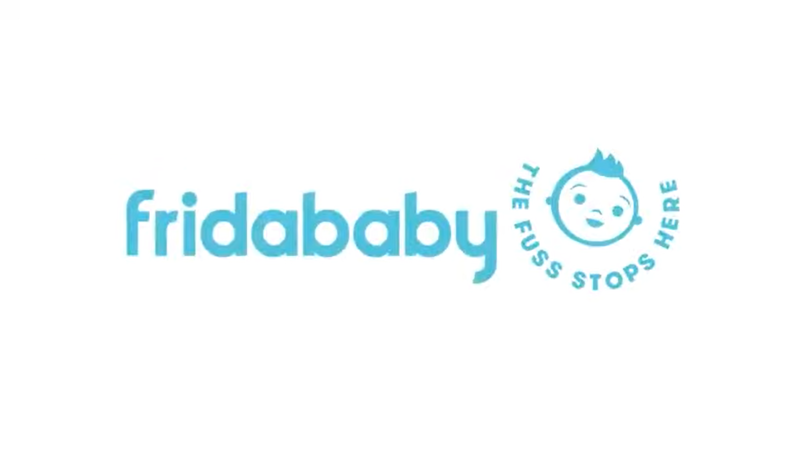Pro-Life: What Does It Really Mean?
Sign up for a six month free
trial of The Stand Magazine!
As a nurse, I’ve dedicated my life to promoting optimal holistic health for children and their families and to providing compassionate care in life’s fragile moments. My commitment to nurturing life is grounded in the belief that every human being is a unique creation of God, endowed with inherent dignity and value. I am committed to protecting and cherishing life from preconception care and continuing throughout the entire lifespan. As a healthcare professional who is a follower of Christ, I feel called to protect life in all stages and to advocate for those who cannot speak for themselves.
The Bible teaches that life begins before we can even see it. Psalm 139:13-16 declares, “For You formed my inward parts; You wove me in my mother’s womb. … Your eyes have seen my unformed substance.”
The beginning of life is a deliberate act of creation by a loving God who values each soul from the moment of conception. When we recognize this truth, we see that every life has purpose and potential.
In the beginning
I am a starstruck witness to the sanctity of the unborn. Each heartbeat, each microscopic development within the womb is evidence of a jaw-dropping miracle. Advances in science provide increasingly detailed insight into marvelous complexities occurring in the very beginning stages of human life. Pre-implantation genetic testing of embryos created via IVF can analyze and count chromosomes, identify the presence of genetic disorders, and even reveal gender, starting at just three days postfertilization.
The fetal heart forms at 3 weeks gestation and begins to beat at 5 weeks gestation. Week 6 brings about brain and spinal cord development along with early development of eyes and ears. By Week 8, we see evidence of sensory response to light, speech, and music. By Week 9, all major organ systems are formed and growing. Expectant mothers even attest to personality expression before birth.
Within the culture
Despite growing scientific evidence of these human developmental stages in utero, cultural forces still attempt to frame abortion in a clinical sense as a woman’s basic right to bodily autonomy, without holistic consideration for human rights of the body being formed within their own. In reality, abortion is a very complex and deeply emotional issue, devastating in its very nature. Elective abortion necessitates medical or surgical means yielding physically violent consequences for women and an end result of fetal death. Many women also experience severe emotional and psychological trauma following abortion, including feelings of guilt, depression, and grief. I’ve sat with women and held their hands as they shared their secret burden, commemorating birthdays that never became and pondering the “what-ifs.”
Advocating for abortion as a routine means of birth control has significant impact on societal attitudes toward life in all stages and forms. Advances in science push the margins of ethical decision-making. One example is seen in the dramatic reduction of children born with Down syndrome in the United States and other countries, with almost a complete elimination of children with Down syndrome in Iceland. When society devalues life simply due to inconvenience, lack of resources, or narrow perceptions of what determines acceptable quality of life, we risk losing respect for all life – including the elderly, disabled, and marginalized.
Across all stages
A pro-life perspective means supporting quality of life across all stages. This includes advocating for health care access, mental health support, and resources for vulnerable populations. Being pro-life means standing up for children born into poverty, caring for those with chronic illness, and supporting the elderly with dignity. As a nurse, I care for people at all stages of life by meeting their physical, emotional, and spiritual needs with compassion.
I recently interviewed Kevan Chandler, a man born with a severely debilitating condition called spinal muscular atrophy (SMA). While most able-bodied persons would pity his limitations, he expressed gratitude to his parents for choosing to give him life. He found purpose and meaning serving others while riding in a backpack that his friends made and used to carry him across Europe. His love for life is profoundly inspiring.
When we affirm life in all stages and forms, we create a culture of respect and compassion. We acknowledge that each person has inherent worth, and that life is worth protecting – not just in the womb, but throughout life’s challenges and into old age. Proverbs 31:8 (NIV) calls us to “speak up for those who cannot speak for themselves.” It is a charge that resonates deeply.
Through our faith
Being pro-life is about love in action. We extend God’s love by supporting individuals facing unplanned pregnancies; working with families to provide safe, nurturing environments; and promoting holistic care for people of all ages. It requires a compassionate approach that deeply personalizes policies by honoring the people impacted by them.
It is insufficient to simply oppose abortion, although advocacy for life in its most fragile state is essential. Adequate responses to abortion require advocacy for life-affirming alternatives such as adoption, maternal support programs, and community resources that empower parents.
Being pro-life is ultimately a worldview that recognizes each life as a gift from God. It’s a commitment to nurture and protect that life, from the first moments to the last, with the same love that God has shown to us. We affirm that every life is valuable and worth protecting.
This is our calling – a profound way to live out our faith in every moment of human life.
(Digital editor's note: This article was published first in the January/February 2025 special pro-life issue of The Stand. Click HERE for a free six-month subscription.)

Sign up for a free six-month trial of
The Stand Magazine!
Sign up for free to receive notable blogs delivered to your email weekly.



















